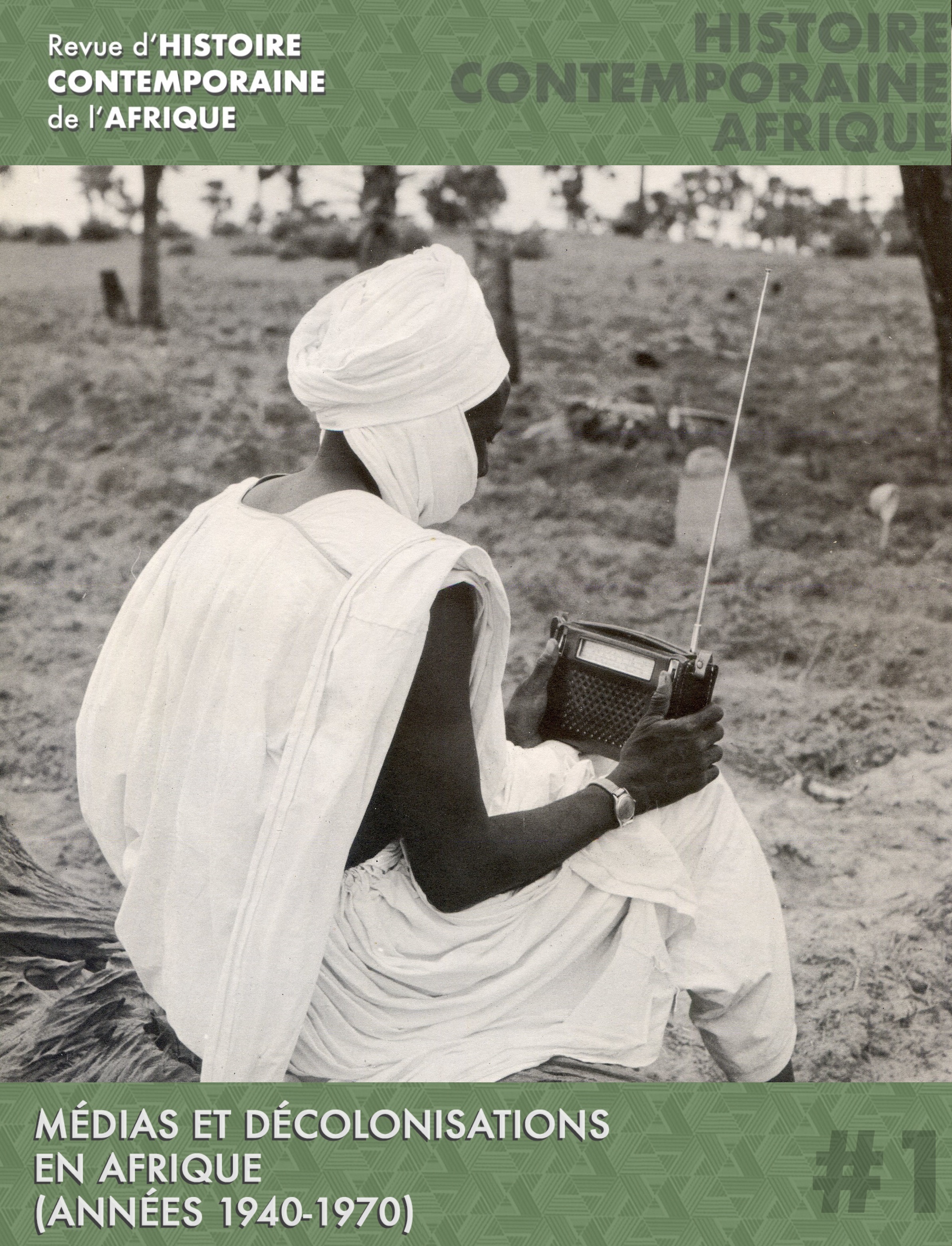 Kitab Talk’s first event of 2021 will take place on 4 February and will feature a roundtable with the team behind Hazine, an online repository of resources which aims to facilitate research on the Middle East, North Africa and Islamicate societies. The event will focus on how contributors work towards supporting equitable access to research materials, and platforming underrepresented voices in academia and library and information science (LIS). The discussion and resources will be relevant for researchers working on North and West Africa and who are interested in moving away from French-language resources.
Kitab Talk’s first event of 2021 will take place on 4 February and will feature a roundtable with the team behind Hazine, an online repository of resources which aims to facilitate research on the Middle East, North Africa and Islamicate societies. The event will focus on how contributors work towards supporting equitable access to research materials, and platforming underrepresented voices in academia and library and information science (LIS). The discussion and resources will be relevant for researchers working on North and West Africa and who are interested in moving away from French-language resources.
More information and registration available here: https://zoom.us/meeting/
While Hazine has already been highlighting the many digital resources available, Hazine has continued to do so with the intention of supporting research during the pandemic. In our roundtable presentation, we will discuss how we work to build community, support equitable access to research materials, and platform underrepresented voices in academia and library and information science (LIS). We will share the ethics that guide our work, particularly in a context where there are often extraction approaches to cultural heritage in the Middle East. We will also discuss the infrastructure and work that makes this project sustainable.
Panelists:
+Shabbir Agha Abbas, Graduate Student, Columbia University
+Marwa Gadallah, Graphic Designer
+Heather Hughes, Co-editor, Hazine; Middle Eastern Studies Librarian at Penn University
+N.A. Mansour, Co-editor, Hazine; PhD Candidate, Princeton University
The Kitab Talk series is a program of the University Libraries and the Center for Middle East and Islamic Studies at UNC-Chapel Hill.

